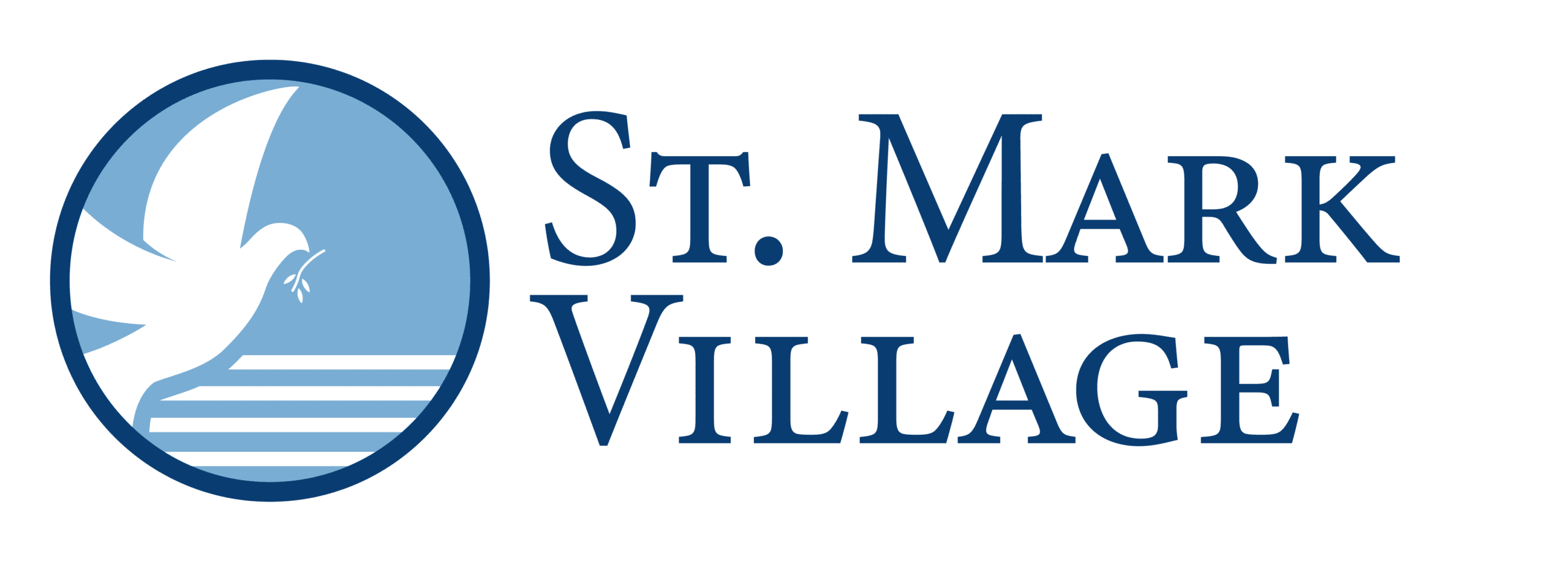Six out of ten people will need long-term care at some point in their lives. Yet so many older adults are hesitant to even bring up the subject of funding senior care, much less put together a plan with specific strategies. But when you consider all the financial options available, you might find that long-term care is more affordable than you thought
Why it’s important to have a plan for funding senior care.
- The need. No one really likes to think about needing long-term health care services, but the reality is that in America, someone turning 65 today has almost a 70% chance of needing some type of long-term care in their remaining years.According to the Department of Health and Human Services, the average use of long-term care services is 3 years. And while it might be tempting (if you are part of a couple) to assume that if one of you needs assistance, the other will provide it—what if that is not possible?
-
-
- What if both of you require long-term care at the same time?
- What if one of you is frail, and able to care for oneself, but cannot take care of a disabled spouse?
- What if your spouse suddenly needs assistance, and has been your caregiver?
Providing the proper level of care, which often includes assistance with the activities of daily living, can be taxing both physically and mentally. While it may be uncomfortable to consider these scenarios, it’s better to think about the consequences before the need becomes critical.
-
- The costs. Health care costs continue to rise in every category, including the costs associated with long-term care.
Annual national median costs (2020):
| Homemaker services | $53,768 |
| Home health aide | $54,912 |
| Adult day health care | $19,240 |
| Assisted living | $51,600 |
| Semi-private room in skilled nursing | $93,075 |
| Private room in skilled nursing | $105,850 |
But it’s not just a matter of dollars. Having a plan for your extended care is very important as you age. You want to think about who you expect your caregivers to be, as well as how you will pay for it all. A plan for funding senior care not only gives you peace of mind, it can have a huge impact on your quality of life—and that of your family.
A Life Care Community offers important peace of mind.
In a Life Care Community (also known as a Continuing Care Retirement Community) such as St. Mark Village, we offer a Continuum of Care. That means in addition to Independent Living, we offer Assisted Living, Memory Care, Skilled Nursing and Rehabilitation—so that should your needs change, you will receive assistance in a familiar setting.
And if you enter our community at the Independent Living level, you also have the promise of Life Care—guaranteed care for life, even if your financial situation changes. Knowing you will have seamless access to future care options can give you a huge advantage when putting together a plan for funding senior living.
Other possible sources for funding senior care.
It’s always a good idea to discuss your best choices for funding senior care with a financial advisor or expert in senior living.
- Veterans benefits. The VA Aid and Attendance is a Veterans Administration benefit for war era veterans, dependents and surviving spouses. It is a reimbursement for home care, board and care, assisted living and skilled nursing. The benefit is tax free. Veterans and spouses who need help with some of the activities of daily living like bathing, dressing and mobility, and meet the additional wartime service and financial requirements are eligible.
- Life insurance conversion. Anyone with an in-force life insurance policy can transform it into a pre-funded financial account that disburses a monthly benefit to help pay for long-term care needs such as home care, assisted living, skilled nursing and hospice. Unlike life insurance, this account is a Medicaid qualified asset. If you decide to use life insurance conversion as a source of funding senior care, It’s best to wait until there is an actual need for care first.
- Reverse mortgage. According to the National Reverse Mortgage Lenders Association, a reverse mortgage is a loan available to homeowners 62 years or older (although some private-label reverse mortgages go down to age 55) that allows them to convert part of the equity in their homes into cash. The loan is called a reverse mortgage because instead of making monthly payments to a lender, as with a traditional mortgage, the lender makes payments to the borrower. The borrower is not required to pay back the loan until the home is sold or otherwise vacated. As long as the borrower lives in the home, they are not required to make any monthly payments towards the loan balance.
- Long-term care insurance. As a source for funding senior care, long-term care insurance helps to pay for the cost of home care, adult day care, assisted living, memory care, skilled nursing and hospice by covering services typically not covered by health insurance, Medicare or Medicaid. Having a long-term care policy helps alleviate or even prevent the pressure on caregivers, so aging adults needn’t fear becoming a burden to their families. However, you will want to know if a policy excludes payment for certain conditions, such as certain forms of heart disease, cancer or diabetes.
The right plan can do so much for you.
Whether you opt for the financial security, value and peace of mind that Life Care at St. Mark Village offers, or you consider other funding sources, be sure to take the time to find the solution that works best for you.
At St. Mark Village, we are dedicated to caring for the whole person. Contact us or call 727-464-1750 today to connect with our friendly and knowledgeable counselors and learn why so many are proud to call St. Mark Village home.

